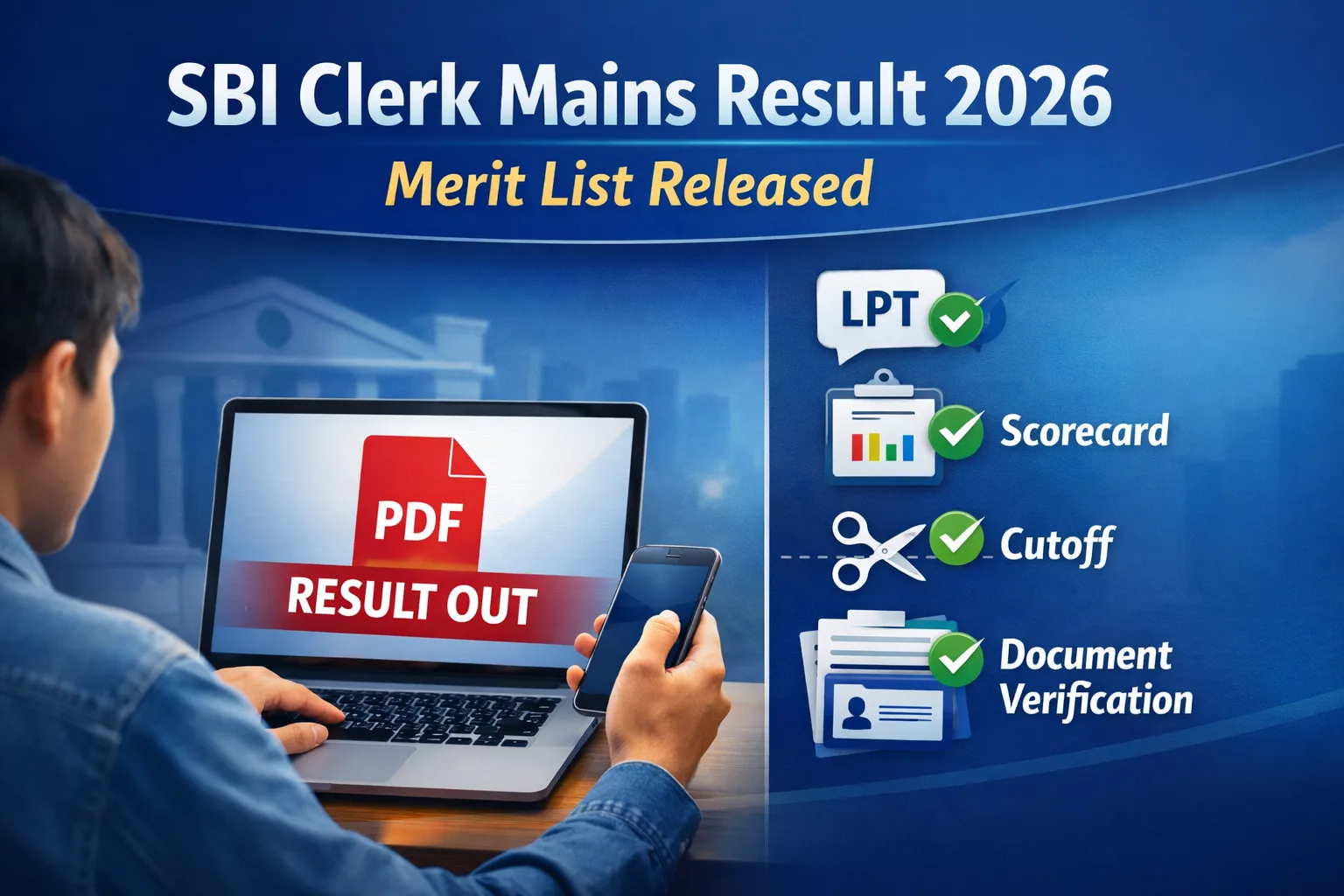🚨 Crypto ATM Crackdown: What New U.S. State Laws Mean for Users & Businesses
Across the United States, legislation is sweeping through states and cities aimed at cracking down on bitcoin, cryptocurrency ATMs. Although these kiosks have made it easier than ever to buy and sell bitcoin with cash, increasingly they’ve become hotspots for fraud—especially targeting elderly and uninformed users 🛑.
🗺️ What’s Changing – State by State
First, Illinois recently passed strict rules requiring receipts to show blockchain addresses, daily limits, fraud warnings and licensing for kiosk operators. At the same time, Rhode Island approved a law mandating clear notices about irreversible transactions. In addition, Vermont imposed daily caps on ATM usage, while Nebraska introduced licensing systems. Moreover, Arizona now requires ATM operators to facilitate refunds on fraudulently-induced transactions. Even locally, cities like Spokane have outright banned crypto ATMs.
🔍 Why This Matters
- Consumer protection: Since crypto transactions can’t be reversed like credit cards, fraudsters have flooded these machines with scam schemes.
- Targeting seniors: Advocates like AARP highlight scams that convince elderly victims to withdraw cash and convert it into cryptocurrency.
- Regulatory consistency: With uneven state rules, users and operators face confusion and fragmented oversight.
💡 How This Affects You
Consequently, consumers need to be cautious when using kiosks:
- Check for warning labels about irreversible transactions.
- Understand daily limits to avoid transaction blocks.
- Ensure receipts contain a valid address in case of disputes.
Moreover, kiosk owners and businesses should:
- Hire or register under state licensing systems.
- Stay informed about local rules—especially if operating across state lines.
- Train staff on fraud detection and compliant signage.
📉 What This Says About the Industry
This push reflects a broader movement in the blockchain and cryptocurrency ecosystem: as adoption grows, regulators respond faster. While that can add friction, it also brings legitimacy and consumer trust.
Likewise, institutions entering the space (such as banks deploying stablecoins) will likely welcome stronger consumer safeguards. Therefore, improved regulation today could pave the way for tomorrow’s mainstream acceptance.
👍 Final Take
In summary, whether you’re buying bitcoin at a kiosk or operating one, these new laws are a sign—fraud risk is real, and transparency is essential. So if you plan to use a crypto ATM, proceed with awareness and look out for compliant machines in states like Illinois or Arizona.
Above all, if a kiosk doesn’t display clear limits or warnings, think twice before inserting cash 💡.














Join Us on Social Media!
Stay updated with the latest from EasyBuzz. Connect with us: